Urinary tract infections (UTIs) are common health issues that can affect pets, causing discomfort and potential complications if left untreated. Understanding the symptoms and knowing how to choose the right medication is essential for effective treatment. This guide will provide an overview of UTIs in pets, highlight common symptoms, and offer criteria for selecting the most effective UTI pills. We will review top UTI medications, provide dosage and administration guidelines, and discuss potential side effects and risks. Additionally, we will explore preventive measures, alternative treatments, and the importance of consulting with veterinarians to ensure your furry companions receive the best possible care.
Dive deep into this topic alongside dominure.com
1. Overview of UTIs in Pets
Urinary tract infections (UTIs) in pets are caused by bacteria entering the urinary tract, leading to inflammation and infection. These infections can affect any part of the urinary system, including the bladder, urethra, and kidneys. Pets of all ages and breeds are susceptible, but older animals and those with underlying health conditions are at higher risk. UTIs are more common in female pets due to their shorter urethra, which allows bacteria to ascend more easily.
UTIs can be triggered by various factors such as poor hygiene, urinary stones, or compromised immune systems. Symptoms often include frequent urination, straining to urinate, blood in the urine, and discomfort during urination. If left untreated, UTIs can lead to more serious health issues like kidney infections or bladder stones. Prompt diagnosis and treatment are crucial to prevent complications and ensure the well-being of your pet. Regular veterinary check-ups and maintaining good hygiene can help in the early detection and prevention of UTIs.
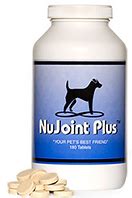
2. Common Symptoms of Urinary Tract Infections
Urinary tract infections (UTIs) in pets can present a range of symptoms that indicate discomfort and health issues. One of the most common signs is frequent urination, often with pets attempting to urinate multiple times but passing only small amounts of urine. Straining or difficulty while urinating is another key symptom, which can be accompanied by vocalizations of pain or discomfort.
Blood in the urine, known as hematuria, is a notable indicator of a UTI. Owners may notice a pinkish tint to the urine or small blood clots. Pets with UTIs may also display signs of incontinence, where they are unable to control their bladder and have accidents indoors. Additionally, the urine may have a strong, unpleasant odor.
Behavioral changes can also signal a UTI. Pets might become lethargic, show a decreased interest in usual activities, or exhibit signs of irritability due to the discomfort. Increased licking of the genital area is another common symptom as pets attempt to soothe the irritation.
Recognizing these symptoms early and seeking veterinary care promptly can prevent the infection from progressing to more severe complications, ensuring your pet’s health and comfort.
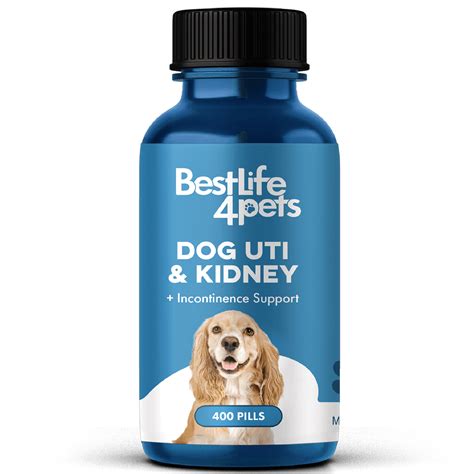
3. Criteria for Choosing Effective UTI Pills
When selecting effective UTI pills for pets, several key criteria should be considered to ensure the best treatment outcome. First, it’s essential to choose a medication that is specifically formulated for pets, as human medications may not be safe or effective for animals. Consulting with a veterinarian to get a proper diagnosis and prescription is crucial.
The efficacy of the medication is another important factor. Look for UTI pills that are known to effectively target the specific type of bacteria causing the infection. Broad-spectrum antibiotics are commonly used, but the exact choice should be based on veterinary advice.
Ease of administration is also a significant consideration. Some pets may resist taking pills, so options like flavored tablets or liquid forms can make the process smoother. Additionally, consider the dosage and duration of treatment to ensure it aligns with the pet’s needs and lifestyle.
Lastly, review potential side effects and interactions with other medications the pet might be taking. Ensuring the chosen UTI pills have minimal side effects will help maintain the overall well-being of your pet during the treatment process.
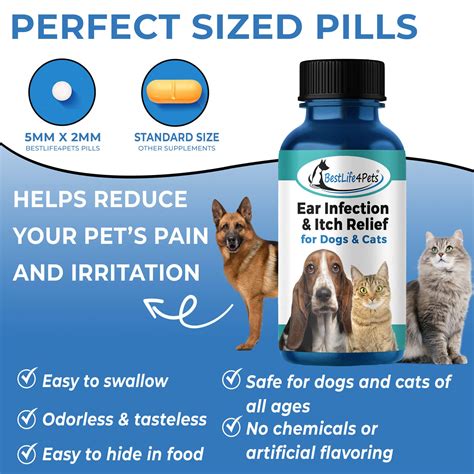
4. Top UTI Medications for Pets: Brand Reviews
Several UTI medications for pets have gained popularity due to their effectiveness and ease of use. Here are some top brands and their reviews:
Clavamox: This broad-spectrum antibiotic is highly recommended for treating UTIs in pets. It’s known for its effectiveness against a wide range of bacteria and is available in chewable tablets and liquid form, making it easier to administer.
Baytril (Enrofloxacin): Baytril is a potent antibiotic often prescribed for severe UTIs. It targets a variety of bacteria and is well-regarded for its rapid action. However, it’s essential to follow the vet’s dosage instructions closely due to its strength.
Zeniquin (Marbofloxacin): Zeniquin is another effective antibiotic for UTIs in pets. It’s praised for its broad-spectrum capabilities and lower risk of side effects compared to other antibiotics. It’s available in tablet form, which is generally well-tolerated by pets.
Amoxicillin: A commonly prescribed antibiotic, Amoxicillin is effective for many bacterial infections, including UTIs. It’s available in various forms and is generally well-accepted by pets.
Each of these medications should be used under veterinary guidance to ensure the best results and safety for your pet.

5. Dosage and Administration Guidelines
Proper dosage and administration of UTI medications are crucial for the effective treatment of urinary tract infections in pets. The dosage varies depending on the specific medication, the pet’s weight, age, and overall health condition. It’s essential to follow the veterinarian’s prescription precisely to ensure optimal results and avoid potential complications.
For medications like Clavamox, the typical dosage is based on the pet’s weight, with tablets or liquid forms administered every 12 hours. Baytril (Enrofloxacin) is usually prescribed once daily, with the dosage adjusted according to the severity of the infection and the pet’s weight. Zeniquin (Marbofloxacin) is often given once daily, with the dosage tailored to the pet’s needs and response to treatment. Amoxicillin is typically administered twice daily, with the dosage carefully calculated based on the pet’s weight and infection severity.
Administering medication can sometimes be challenging. To ease the process, consider mixing the medication with food or using flavored formulations that pets are more likely to accept. For liquid medications, use a syringe for accurate dosing and gently squirt the liquid into the pet’s mouth.
Always complete the full course of antibiotics as prescribed, even if symptoms improve before the medication is finished. This helps prevent the recurrence of the infection and the development of antibiotic-resistant bacteria. Regular follow-up with the veterinarian is recommended to monitor the pet’s progress and make any necessary adjustments to the treatment plan.
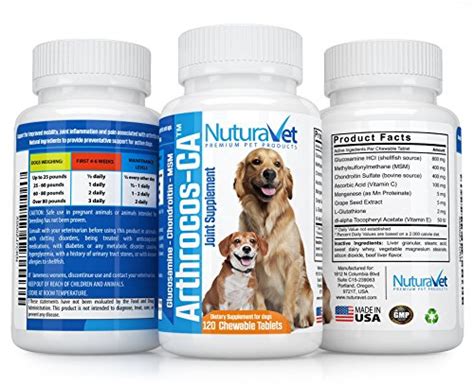
6. Potential Side Effects and Risks
While UTI medications are generally effective in treating infections, they can also have potential side effects and risks that pet owners should be aware of. Common side effects of antibiotics such as Clavamox, Baytril, Zeniquin, and Amoxicillin include gastrointestinal issues like vomiting, diarrhea, and loss of appetite. These symptoms are typically mild and temporary but should be monitored closely.
In some cases, pets may develop allergic reactions to certain antibiotics. Signs of an allergic reaction can include swelling, hives, difficulty breathing, and severe itching. If any of these symptoms occur, it is crucial to stop the medication immediately and seek veterinary assistance.
Long-term use or overuse of antibiotics can lead to antibiotic resistance, making future infections harder to treat. Therefore, it is essential to use these medications strictly as prescribed and avoid unnecessary use. Additionally, certain antibiotics may interact with other medications the pet is taking, potentially leading to adverse effects. Always inform the veterinarian of any other treatments or supplements the pet is receiving.
Pets with pre-existing conditions, such as liver or kidney disease, may be at higher risk of experiencing adverse effects from UTI medications. Regular blood work and veterinary check-ups are recommended to monitor the pet’s health and ensure the safe use of antibiotics. By being aware of these potential side effects and risks, pet owners can ensure their pets receive the most effective and safe treatment for UTIs.
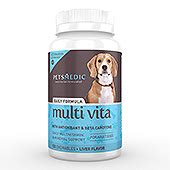
7. Preventive Measures and Alternative Treatments
Preventing urinary tract infections (UTIs) in pets involves maintaining good hygiene and ensuring a healthy lifestyle. One of the most effective preventive measures is providing ample fresh water to encourage frequent urination, which helps flush out bacteria from the urinary tract. Regularly cleaning the pet’s living area and grooming them can also reduce the risk of infection by minimizing exposure to harmful bacteria.
Diet plays a significant role in preventing UTIs. Feeding pets a balanced diet with appropriate nutrients can strengthen their immune system, making them less susceptible to infections. Some pets may benefit from special urinary health diets designed to maintain optimal urinary tract health and prevent the formation of urinary stones.
Probiotics are another alternative treatment that can help maintain a healthy balance of bacteria in the pet’s gut and urinary tract, potentially reducing the risk of UTIs. Cranberry supplements, commonly used in humans, can also be beneficial for pets as they prevent bacteria from adhering to the bladder walls.
Regular veterinary check-ups are crucial for early detection and prevention of UTIs. During these visits, veterinarians can monitor the pet’s urinary health, recommend appropriate preventive measures, and adjust treatment plans as needed. For pets prone to recurrent UTIs, additional diagnostic tests may be necessary to identify underlying causes and tailor a more effective prevention strategy. By following these preventive measures and considering alternative treatments, pet owners can help ensure their furry companions stay healthy and free from urinary tract infections.
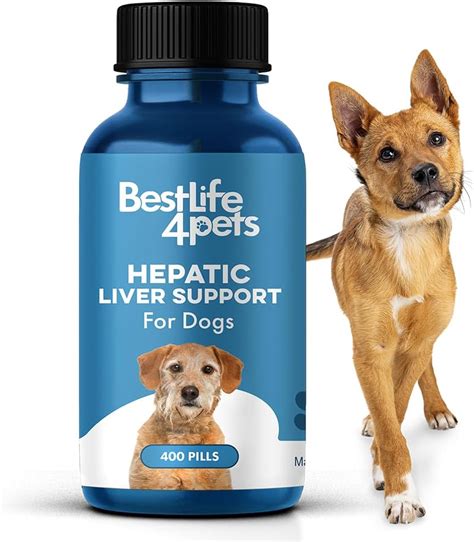
8. Consultation with Veterinarians: Why It Matters
Consulting with veterinarians is essential when dealing with urinary tract infections (UTIs) in pets. Veterinarians possess the expertise to accurately diagnose and treat UTIs, ensuring your pet receives the most effective care. Early consultation can lead to prompt diagnosis, preventing the infection from worsening and reducing the risk of complications such as kidney infections or bladder stones.
Veterinarians conduct thorough examinations and may recommend diagnostic tests, such as urinalysis and urine culture, to identify the specific bacteria causing the infection. This allows for targeted treatment with the appropriate antibiotics, improving the likelihood of a successful recovery. Additionally, veterinarians can adjust the treatment plan based on the pet’s response to medication and any underlying health conditions.
Ongoing veterinary care is crucial for monitoring the pet’s progress and ensuring the infection is fully resolved. Follow-up visits enable veterinarians to detect any signs of recurrence early and make necessary adjustments to the treatment regimen. They can also provide valuable advice on preventive measures, such as dietary changes and hygiene practices, to reduce the risk of future UTIs.
In cases of recurrent UTIs, veterinarians can investigate underlying causes and recommend additional tests or treatments to address any contributing factors. Consulting with veterinarians ensures that your pet receives comprehensive and personalized care, promoting their overall health and well-being.
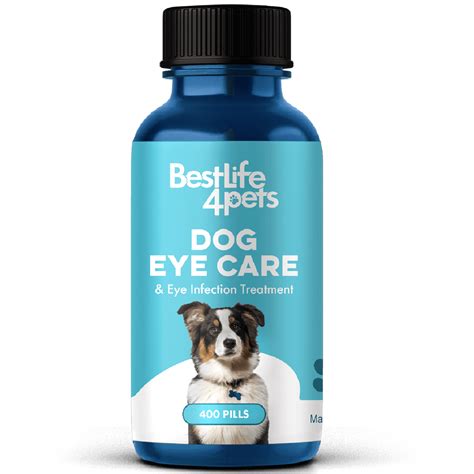
Effectively managing UTIs in pets involves understanding the symptoms, choosing the right medications, and following proper dosage guidelines. Being aware of potential side effects and risks, along with implementing preventive measures and alternative treatments, can significantly improve your pet’s health. Regular consultation with veterinarians is crucial for accurate diagnosis and tailored treatment plans, ensuring your pet’s well-being. By staying informed and proactive, pet owners can help their furry companions lead healthier, happier lives, free from the discomfort and complications of urinary tract infections.
dominure.com

